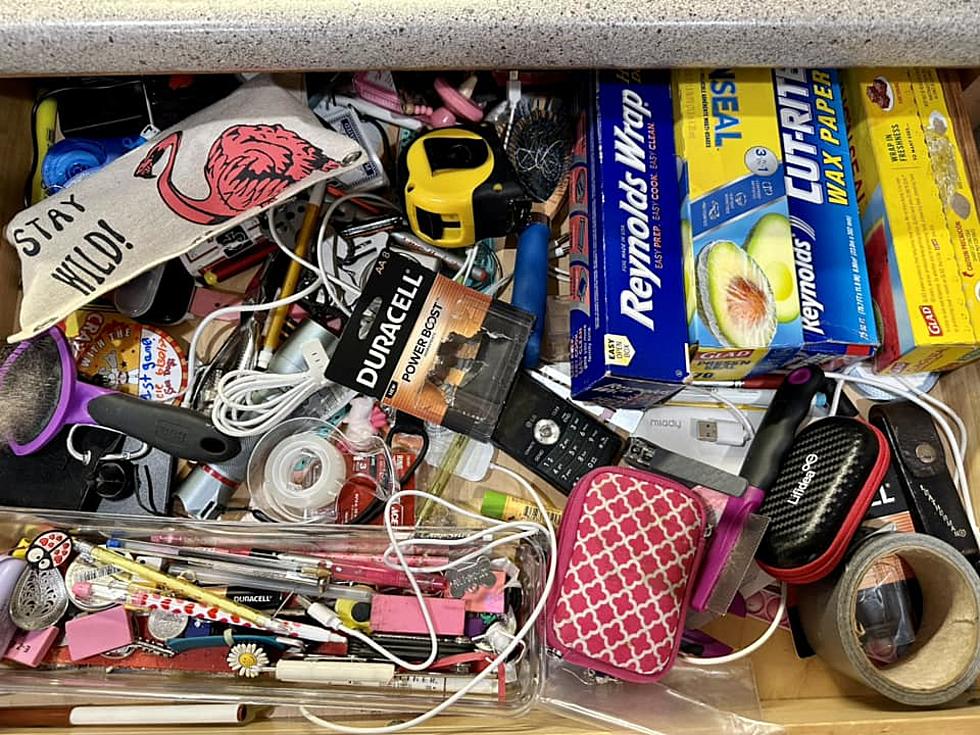
Seacoast Liquor Stores See Big Sales Increase in New Hampshire
Thanks in part to the COVID-19 pandemic, Seacoast liquor sales in New Hampshire are up by more than $10 million over the past year.
“Combined gross sales at NH Liquor & Wine Outlets in Portsmouth, North Hampton, Hampton, Seabrook and Somersworth reached nearly $136.9 million in Fiscal Year 2021, a 7.9 percent increase, or $10.1 million increase, compared to gross sales at those same outlets in Fiscal Year 2020,” said Jeff Mucciarone, a spokesman for the New Hampshire Liquor Commission.
The Seacoast stores are an important factor in state-wide liquor sales, according to Mucciarone.
The state as a whole generated an all-time high in total gross sales of more than $801.1 million during Fiscal Year 2021, an increase of nearly 4.6 percent, or $35.5 million, over the previous year, he said.
A big part of the sales increase is because more people have been staying home because of COVID-19. There has also been an influx of people with second homes in New Hampshire who have decided to stay in the state full-time in the past year, he said.
“More people are staying at home – mixing cocktails, cooking and exploring new varieties,” he said. “We have observed an increase in purchases of premium and super-premium products, which is likely an indication of more disposable income due to lack of (other) spending opportunities (like going on vacations, dining out, etc.)”
While the uptick in sales is good for the state’s bottom line, increased liquor consumption during the pandemic is a worrying trend, said Kenneth Norton, executive director at the National Alliance on Mental Illness New Hampshire.
“It really is cause for concern that more people are staying home and drinking more,” Norton said.
The stress from the pandemic has caused a noticeable increase in people suffering from anxiety and depression across the board, he said. Of particular concern is the fact that nationally, women report that they are drinking more during the pandemic.
That is connected to the fact that women have been more likely to leave the workforce as the COVID-19 shutdowns have impacted schools and day cares, leaving many women unable to work outside the home.
There is a silver lining, Norton said, in that the pandemic has made it easier for people to attend remote 12-step meetings, and do Telehealth therapy and medical appointments.
“In some ways these support systems have never been more accessible,” he said.
Norton suggests that anyone dealing with alcohol misuse or addiction call 211, the state’s hotline to get connected to recovery services and resources.

